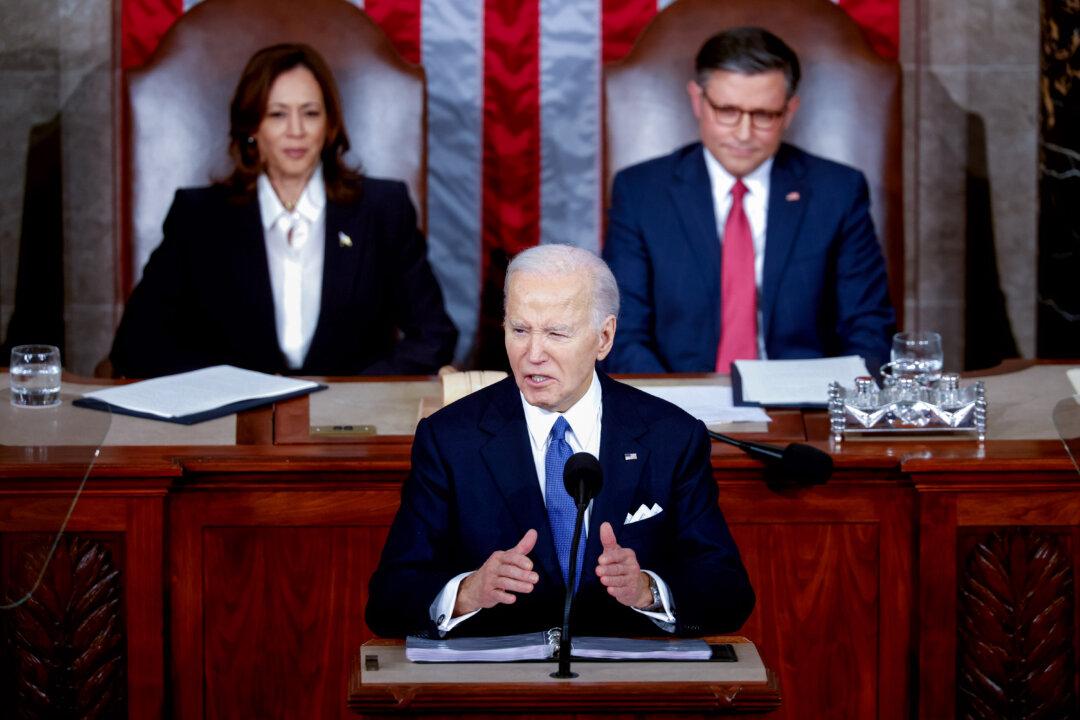The Commerce Department has proposed awarding up to $8.5 billion in grants and $11 billion in loans to tech giant Intel to expand its semiconductor production and output.
The proposed funding, which stems from the CHIPS and Science Act of 2022, marks the government’s largest investment ever in U.S. semiconductor manufacturing, according to senior administration officials.




